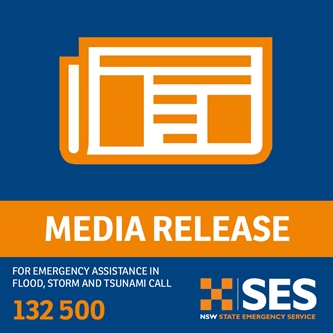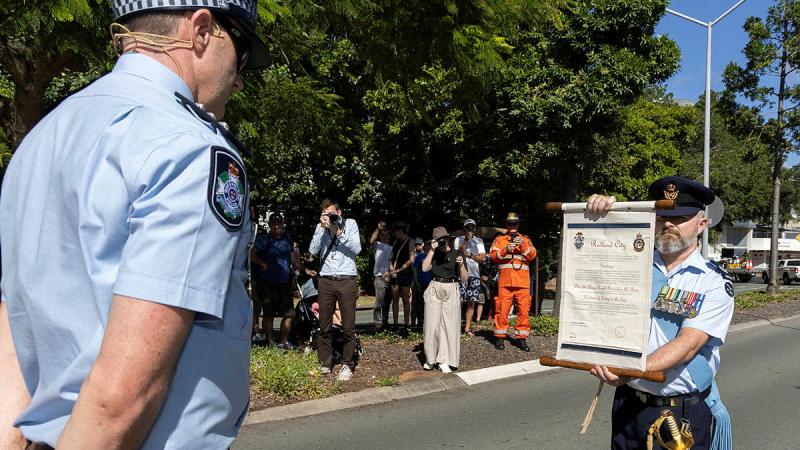Spending on eating out and accommodation plunged more than $300 million or almost one-third in March in the wake of measures to slow the spread of COVID-19, Stats NZ said today.
Groceries had record-high sales in March, but retail card spending fell across the board during the month from clothes to fuel.
Total retail sales fell $231 million (3.9 percent) in March 2020, after adjusting for seasonal effects, the biggest fall on record in both percentage and dollar terms.
“Efforts to slow the spread of COVID-19 in the last couple of months led to the closure of all non-essential businesses and people were told to stay at home from midnight March 25,” retail statistics manager Sue Chapman said.
“This hit hospitality hard. Restaurants, cafes, and bars, as well as hotels, motels, and other accommodation, saw sales drop sharply.”
Spending on hospitality fell the most of any retail industries in dollar terms, with $338 million (30 percent) less spent on eating out and staying in hotels and motels.
“Hospitality was also affected by fewer international visitors due to travel restrictions since February,” Ms Chapman said.
“The border restrictions came into effect from midnight 19 March to almost all travellers, except returning New Zealanders,” she said.
See Card spending on travel halves in March for more detailed hospitality card spending data.
| Month | Total retail | Consumables | Hospitality |
| Mar-17 | 0 | -0.9 | 0.2 |
| Apr-17 | 1 | 3.3 | 1.1 |
| May-17 | 0.1 | -0.5 | 0.9 |
| Jun-17 | -0.1 | 0.5 | 1.7 |
| Jul-17 | 0 | 0 | -0.6 |
| Aug-17 | 0.2 | 0.7 | -0.1 |
| Sep-17 | 0 | 0.2 | 0.3 |
| Oct-17 | 1.2 | 0.6 | 1.7 |
| Nov-17 | 1.1 | 0.4 | 1.1 |
| Dec-17 | 0.6 | 0.6 | -0.4 |
| Jan-18 | 0.3 | -0.1 | 1.4 |
| Feb-18 | -0.5 | -0.4 | 0.3 |
| Mar-18 | 1.8 | 2 | 1.4 |
| Apr-18 | -1.9 | -2.8 | -1.2 |
| May-18 | 1 | 2 | 0.7 |
| Jun-18 | 0.8 | 0.7 | 0.5 |
| Jul-18 | 0.5 | 0.8 | 0.7 |
| Aug-18 | 0.8 | 0.4 | 0.8 |
| Sep-18 | 0.8 | 0.7 | 0.6 |
| Oct-18 | 0.4 | 0.5 | 0.5 |
| Nov-18 | -0.8 | -0.6 | 1 |
| Dec-18 | -1 | 0.8 | -0.2 |
| Jan-19 | 1.2 | 0 | 0.7 |
| Feb-19 | 0.1 | 0.7 | 0.7 |
| Mar-19 | 0 | -0.6 | 0 |
| Apr-19 | 0.9 | 1.8 | 0.6 |
| May-19 | -0.6 | -0.7 | 0 |
| Jun-19 | 0.3 | 0 | -0.5 |
| Jul-19 | -0.1 | 0.2 | 0.3 |
| Aug-19 | 1.2 | 0.8 | 1.3 |
| Sep-19 | 0.4 | 0.7 | 0.6 |
| Oct-19 | -0.5 | -0.6 | 0.2 |
| Nov-19 | 2.6 | 1.5 | 1.2 |
| Dec-19 | -0.5 | 0.5 | 0.1 |
| Jan-20 | -0.2 | -0.8 | -0.9 |
| Feb-20 | 0.5 | 2.5 | -0.4 |
| Mar-20 | -3.9 | 17.4 | -30.2 |
Fuel spending was down $113 million (19 percent). This coincided with both the drop in pump prices in the month and lower volumes sold due to New Zealand moving into the COVID-19 Alert System from 21 March, which restricted all non-essential travel.
Sales of clothes and shoes (apparel) fell $98 million (31 percent).
Furniture, hardware, and appliances (durables) sales were down $57 million (3.9 percent) and motor vehicles were down $38 million (20 percent).
Groceries (consumables) sales jumped $376 million (17 percent) in March.
“This is the largest dollar value and percentage increase in grocery sales since the retail card spending series began in 2002,” Ms Chapman said.
“Supermarkets remain open as an essential business and there have been widespread reports of people stocking up on food as the month progressed.”
| Industry | $ |
| Consumables | 376363000 |
| Motor vehicles (excluding fuel) | -38091000 |
| Durables | -57304000 |
| Apparel | -97501000 |
| Fuel | -112748000 |
| Hospitality | -337717000 |
| Services | -68967000 |
| Non-retail (excluding services) | -359371000 |
Core retail spending (which excludes vehicle-related industries) decreased 1.5 percent in March 2020, after a 0.7 percent rise in February.
The total value of electronic card spending, including the two non-retail categories (services and non-retail) was down 8.7 percent in March 2020, after a 0.4 percent rise in February.
The largest decrease was non-retail (excluding services), which includes travel, gambling, and wholesale. This industry was down $359 million (20 percent).
In actual terms, retail spending using electronic cards was $5.7 billion, down $103 million (1.8 percent) from March 2019.
Flat quarter in retail card spending
When adjusted for seasonal effects, retail card spending was up 0.2 percent in the March 2020 quarter. This follows a 0.8 percent rise in the December 2019 quarter.
| Quarter | Percentage |
| Mar-12 | 0.7 |
| Jun-12 | 1.5 |
| Sep-12 | 1.5 |
| Dec-12 | 1.1 |
| Mar-13 | 1.2 |
| Jun-13 | 1.8 |
| Sep-13 | 1.8 |
| Dec-13 | 1.1 |
| Mar-14 | 1.1 |
| Jun-14 | 1.3 |
| Sep-14 | 0.5 |
| Dec-14 | 0.9 |
| Mar-15 | 1.3 |
| Jun-15 | 1.2 |
| Sep-15 | 1.7 |
| Dec-15 | 1.8 |
| Mar-16 | 0.5 |
| Jun-16 | 1.8 |
| Sep-16 | 1.1 |
| Dec-16 | 1.5 |
| Mar-17 | 0.8 |
| Jun-17 | 0.7 |
| Sep-17 | 0.1 |
| Dec-17 | 1.2 |
| Mar-18 | 1.8 |
| Jun-18 | -0.3 |
| Sep-18 | 2.2 |
| Dec-18 | -0.5 |
| Mar-19 | 0.9 |
| Jun-19 | 0.2 |
| Sep-19 | 0.8 |
| Dec-19 | 0.8 |
| Mar-20 | 0.2 |
Spending rose in 2 of the 6 retail industries when compared with the December 2019 quarter. The increase largely came from groceries (consumables), up $421 million (6.6 percent). This is a record increase in groceries for a quarter.
Of the four industries that had decreases, the record falls came from food and beverage services and accommodation (hospitality), down $250 million (7.5 percent), followed by clothing and shoes (apparel), down $96 million (10 percent).
| Industry | $ |
| Consumables | 420970000 |
| Durables | 22573000 |
| Motor vehicles (excluding fuel) | -27625000 |
| Fuel | -69343000 |
| Apparel | -96162000 |
| Hospitality | -249793000 |
| Services | -77143000 |
| Non-retail (excluding services) | -279981000 |
Key travel restrictions and COVID-19 Alert System timeline
2 February 2020: NZ Government places entry restrictions into New Zealand on all foreign nationals travelling from or transiting through mainland China.
19 March 2020: New Zealand’s borders closed to almost all travellers, except for returning New Zealanders.
23 March 2020: New Zealand enters COVID-19 alert level 3 (Restrict)
25 March 2020: New Zealand enters COVID-19 alert level 4 (Eliminate)








